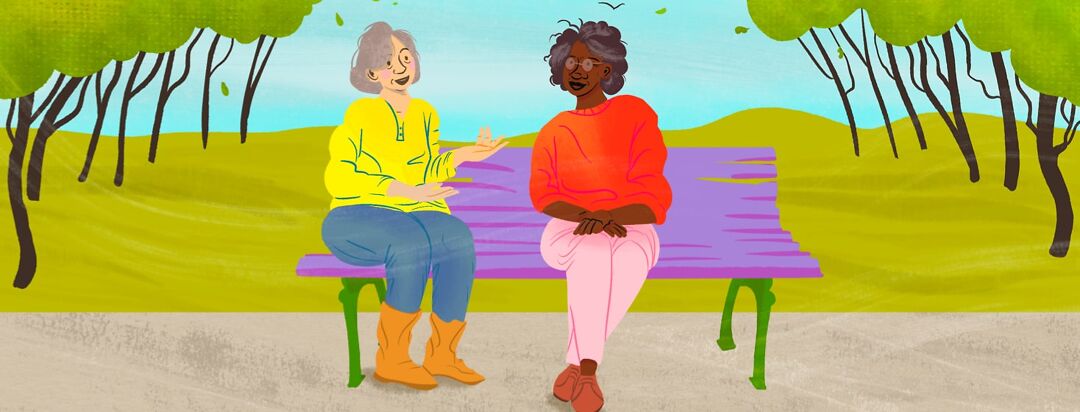Navigating Public Spaces
Living with multiple sclerosis (MS) means embracing adaptability. Each day presents unique challenges, and as someone navigating this chronic condition, I’ve learned to adjust gracefully. My arms, the once-reliable tools for daily tasks, are now staging a quiet rebellion. Spasticity, that unwelcome companion, has taken residence in my limbs. But I’ve found ways to maintain independence and face the future with resolve.
Anticipating spasticity
Spasticity, the involuntary muscle stiffness, is a constant presence. Rather than resisting it, I’ve become adept at anticipating its fluctuations. Each morning, I gauge the day’s spasticity level. Is it a “gentle breeze” day, where my movements flow relatively smoothly, or a “full-blown storm” day, where every action feels like pushing against invisible currents?
Armed with this awareness, I adjust my expectations. Perhaps I’ll type more deliberately, allowing my fingers to find their rhythm despite the resistance. Or maybe I’ll opt for voice dictation, letting my words flow without the battle against clenched muscles. Anticipation becomes my secret weapon, an internal compass guiding me through the day’s challenges.
Practical seating choices in restaurants
Restaurants are more than places to satisfy hunger; they’re social hubs. When I step inside, I scan the available seating options with a discerning eye. Soft chairs with armrests become my allies. They provide stability, minimizing strain on my arms. I sink into them, appreciating the gentle support. Booths with cushioned backs allow me to lean comfortably, easing the tension that often accompanies prolonged sitting.
I avoid high stools or hard wooden chairs. Those things exacerbate spasticity, turning a meal into an endurance test. As I peruse the menu, I know that my seating choice ensures not only a pleasant dining experience but also a chance to connect with friends or family without the distraction of discomfort.
Featured Forum
View all responsesPublic transportation strategies
Navigating buses, trains, and subways is a strategic endeavor. During rush hour, stress levels rise!! The crowd presses in, and every movement becomes a negotiation. So, I’ve learned to choose off-peak times whenever possible. The early morning or late afternoon become my sweet spot: a quieter commute where I can board without jostling for space.
Priority seating, those designated for elderly or disabled passengers, becomes my refuge. I board early to secure one of those coveted spots. When standing is inevitable, I brace myself against poles or grab handles, distributing the strain across my body. Adaptation becomes my daily mantra. It is a delicate balance between asserting my needs and blending into the crowd.
Benches, waiting areas, and parks
Public spaces offer moments of respite and reflection. Benches with backrests become my oases. I seek them out, allowing my body to rest without slumping. As I sit, I observe the world, the hurried footsteps, the laughter of children, the rustle of leaves. Waiting areas transform into opportunities for mindfulness. I watch people (their expressions, their interactions) finding solace in the ordinary.
Parks provide both solitude and connection. On grassy knolls, I feel the earth beneath me, grounding myself. I breathe in the present. The scent of damp soil, the distant hum of traffic. Public spaces become part of my adaptive canvas. I am always surprised how well this works to … bring me back to earth.
Adaptability is the word
Living with MS isn’t linear; it’s a dance of adjustments. Within these twists and turns, resilience emerges. The art of adaptation isn’t flashy. It’s quiet, persistent, and uniquely mine. So, I continue to rewrite the rules, finding freedom in each moment. And as I navigate public spaces, I carry with me the knowledge that adaptability isn’t weakness; it’s strength, the ability to thrive despite the odds.

Join the conversation